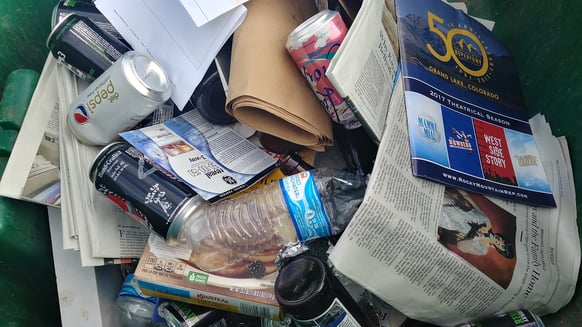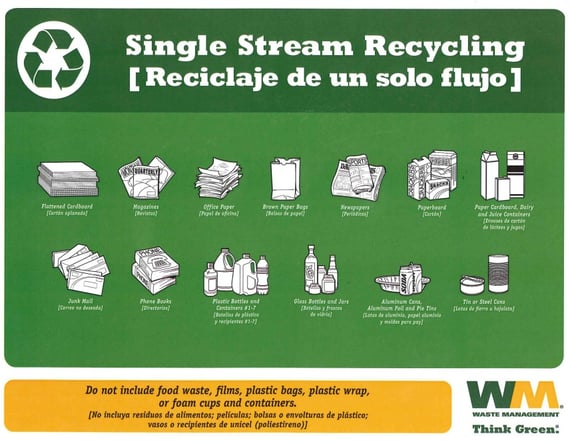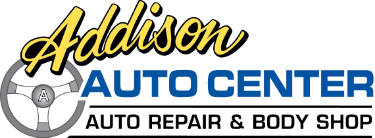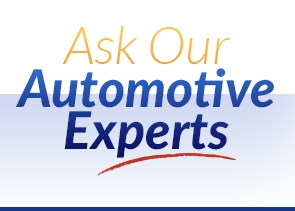As I was pulling plastic out of our cardboard recycle bin here at the shop, it occurred to me that possibly most of us don’t really know how to recycle. Then someone stopped in and asked us if we would recycle their empty engine oil bottles. I’m still trying to get my wife to look at the pictures on top of our recycle bin at home that shows pictures of what you can and can’t recycle. Then whenever our extended family is over for dinner, I find myself pulling all the napkins out of the recycle bin. I apologize this article doesn’t have anything to do with cars but I need to vent.

Anyway, I decided to do some studying to find out what items are okay to recycle and which aren’t. Most recycling in Denver is single stream which means you don’t have to separate the recyclable materials but rather put them into a single bin. Then when the material gets to the recycling facility it’s separated by humans and machinery. Two of the most common recycling mistakes are recyclables placed in a plastic bags and food contamination of recyclables. If the recyclable material is in a plastic bag, it will go straight to the landfill because it is unsafe for the staff on the conveyor to open. Bags can get caught in the cogs and wheels of the sorting machinery possibly causing serious damage to the machinery. Pizza boxes containing food waste are one example of food contamination. The grease and cheese will contaminate recycled paper. Another example is food containers that have not been emptied and rinsed …forget peanut butter jars. Containers containing food will likely be sent to the landfill.

Items okay to recycle per Waste Management are:
- Corrugated cardboard and paperboard (cereal boxes)
- Cardboard dairy and juice containers
- Newspapers, magazines, office paper, phone books and junk mail
- Aluminum and steel cans including empty aerosol cans, aluminum foil and bakeware
- Wire coat hangers
- Plastic bottles, jars and jugs
- Clear glass, amber and green glass bottles
Things that are not acceptable for recycling are:
- Waxed paper
- Food contaminated paper like napkins
- Food contaminated cans
- Auto and plumbing parts
- Electronics
- Glass contaminated with dirt or food waste
- Ceramics, pyrex, mirrors or auto glass
- Plastic or metal caps or lids
- Plastic lids or cups
- Plastic bags
This list is only general. Each municipality has its own criteria for what can and cant be recycled. Check with your local recycler.
Keep it clean.
Cleanliness is the top priority. According to Waste Management, one dirty product or one with food waste can contaminate an entire bale weighing thousands of pounds possibly requiring all the material to go to a landfill. Recycling could be more beneficial if we all do it right.


